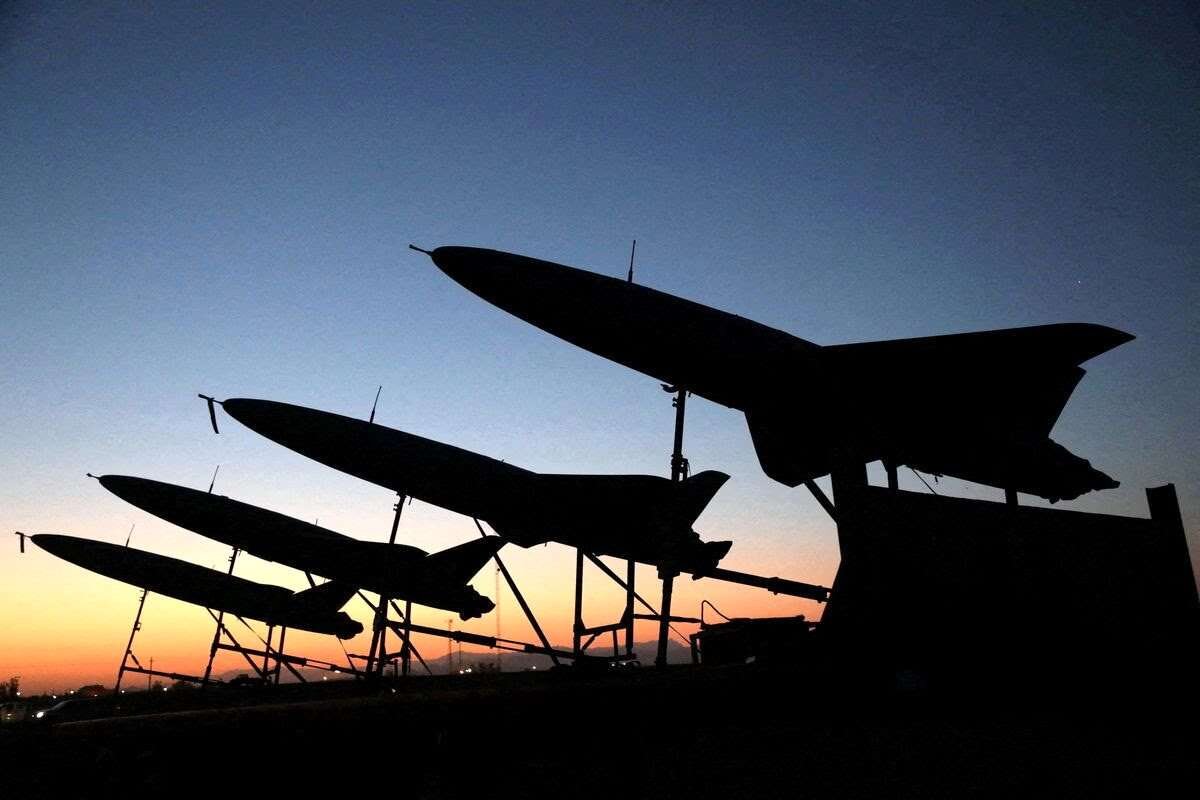By Abbas Akhondi

The Middle East region is in turbulence and the threshold of war more than ever. Thus, I'm writing a few sentences for the record. with the hope that it would be possible to escape the current conflict with cold intellect, away from the excitement, and with the contrivance of the decision-making authorities.
1. At this point in Iran's history, one should be very concerned about the influence of the intelligent services muddling the space. Needless to say, the current emotional space does not necessarily entail national interests. Cold and contrived wisdom precedes excitement.
2. The aims of Iran's attack on Israeli military installations were the punishment of the assailant, defense of Iran's national dignity, and deterrence and it was accomplished. Moving from this situation to a war and epic position could be a fatal poison to Iranian politics at this juncture.
3. Iran's public relations contour should be that it showed its strength where it was needed. Now, it has to get out of the scene like a winner. Not to stay on the scene and call for the new fighter. It has to get out of the scene at the uppermost. Staying on the field will drag it down from the top.
4. Iran should announce that it favors diplomacy until the last moment and will remain loyal to it. Of course, Iran will remain vigilant to defend its territory. Iranians will sacrifice themselves to defend their land. This position that was announced by the Deputy to Iran’s Minister of Foreign Affairs that ‘our response time has been reduced to the moment’ makes no sense. It was quite emotional. No one will show her/his hand in the middle of a conflict and create problems for her/himself in advance. He should say that we hope that all countries in the world will take the path of diplomacy. Iran should emphasize that it is ready to negotiate at all levels and with all countries and the United Nations to establish security in the world and the region.
5. I infer from the article that President Biden published entitled "The Moment of Truth in Ukraine and Israel," a three-step policy towards Iran-Israel conflict.
In the first step, the Biden administration opposes any escalation of the war. Despite this, not only they do nothing but also they support Israel in full capacity at the United Nations Security Council by vetoing every resolution concerned to limit Israel’s heavy-handed military action to punish collectively Plestaineian civilians. They also arm and support Israel by providing required armaments and financial support. However, apart from inherent conflict within the US policy in this regard, it has been successful in portraying an adherence to the de-escalation policy from itself at the global level. In the second step, while Israel goes ahead without paying attention to the US notes, it adjusts its position to the field as the reality by emphasizing Israel’s right of self-defense and highlighting that there is a fundamental relationship between the US and Israel. In the third stage, the US tries to regain its leadership at the global level by leading the operations. Now, it seems that Biden is preparing himself for the third stage by building a global and regional consensus for a kind of all-out sanctions against Iran's defense capabilities. This has been Biden’s conduct in previous conflicts. Look at his stance on the Iraq-Gulf War, 1991. In this case, he also acts the same way, and now in the second stage, he is lifting the ban from Israel’s second action.
In the next step, he will enter the process of consensus-building against Iran. He expects parallel to NATO most countries of the region will join him. This can also be seen from the position of the British and German foreign ministers announced visiting Israel this week: “The UK is calling for coordinated sanctions against Iran, who are responsible for so much of the malign activity in this region”. Russia and China, in a time-consuming process, and not now, will agree or at least not oppose this trend. Over time, some situations would be created that they will comply with the US policy. Thus, ironically, Iran’s policy against any new Israeli aggression should be based on self-restraint and the transferring of retaliation directly or indirectly to the time and place that suits It. Iran has already shown its power to retaliate against any Israeli aggression action. So, now, it needs to cool down the space. And do not warm it up. Warming up space is Israel's desire.
Abbas Akhoundi is Former Iran’s minister of Road and Urban Development and the current professor at the University of Tehran

No comments:
Post a Comment